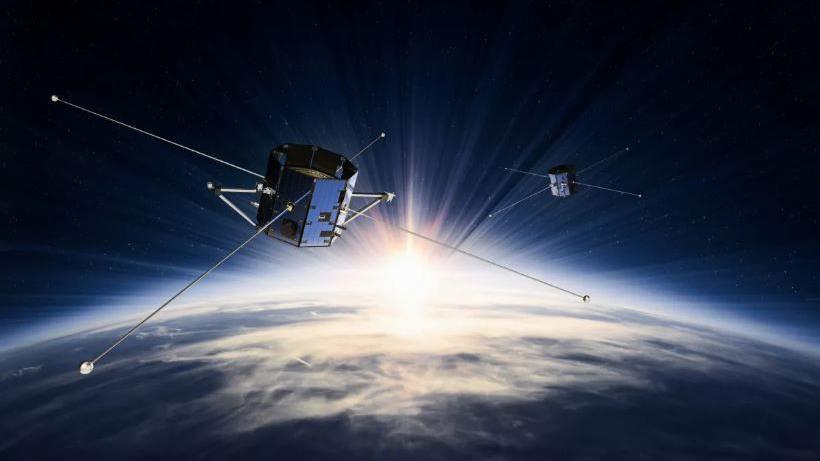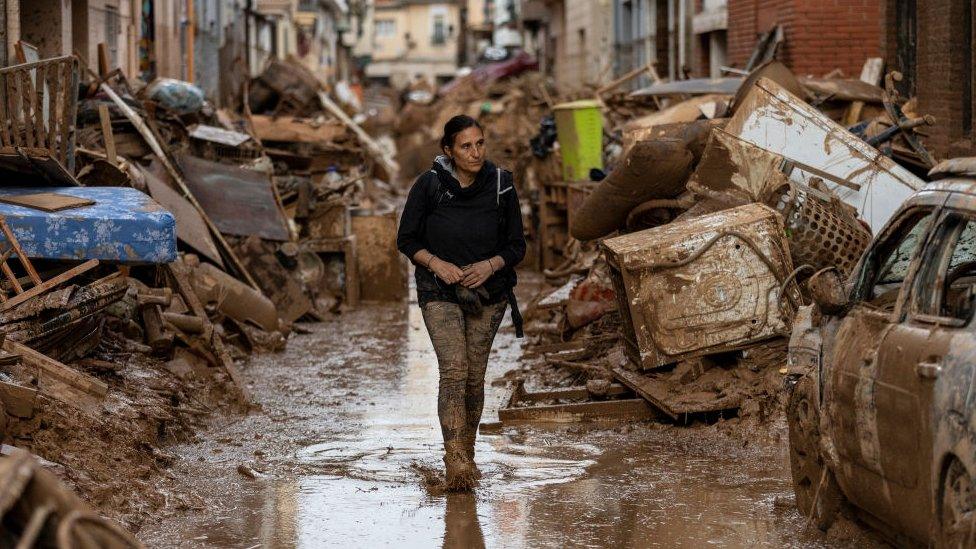Engineers develop 'life-saving' weather sensor
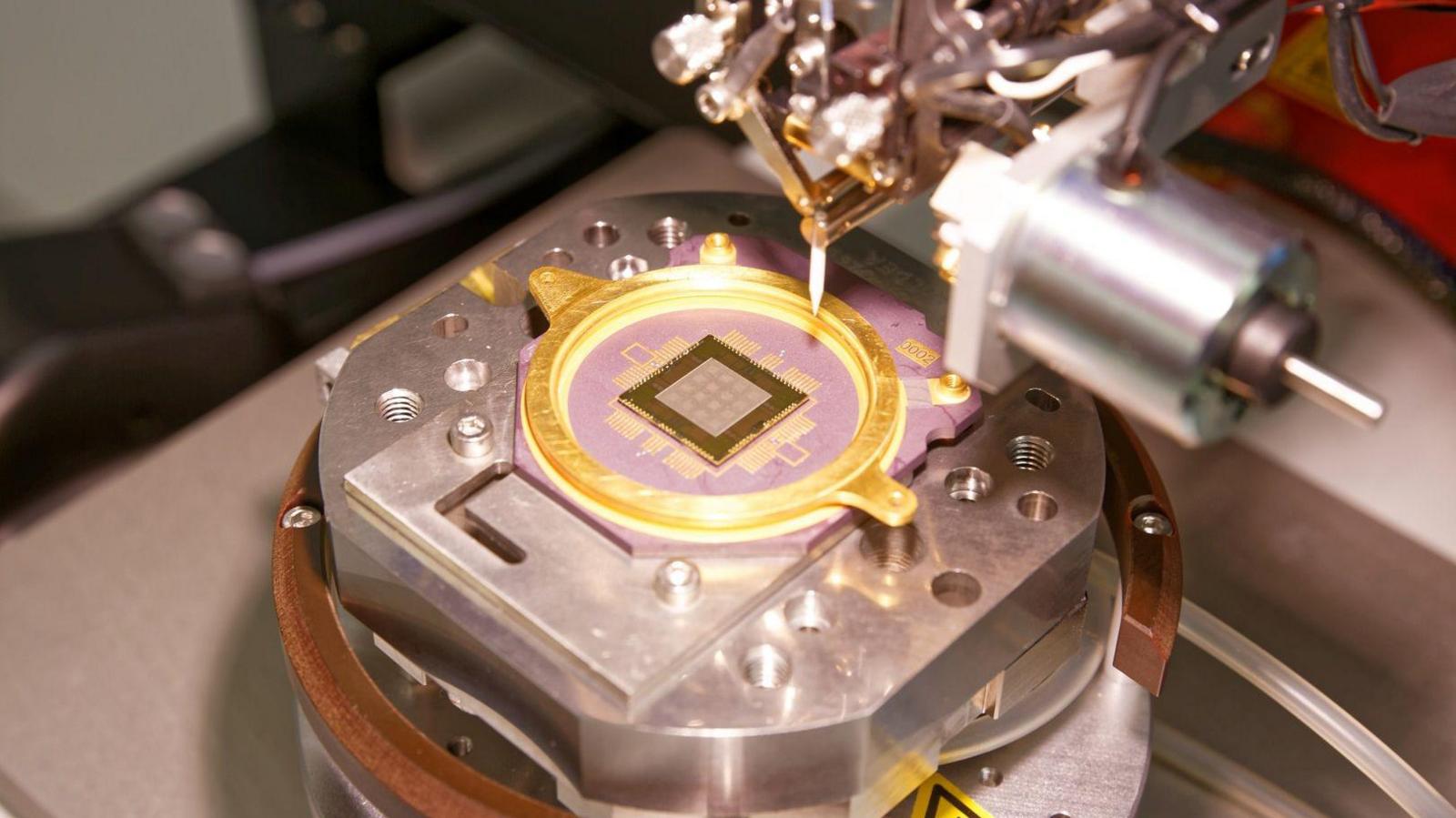
The Leonardo sensors are fitted to a European Space Agency weather satellite
- Published
An aerospace company has said its advanced sensor technology is now helping to deliver "life-saving" weather forecasts from space.
The equipment, built in Southampton by Leonardo, is part of a new European Space Agency satellite launched from French Guiana last month.
It is already orbiting Earth and transmitting data that will allow meteorologists to predict extreme weather events with greater accuracy and speed, the company said.
The instrument's fitness was tested before launch in the Rutherford Appleton Laboratory in Harwell, Oxfordshire.
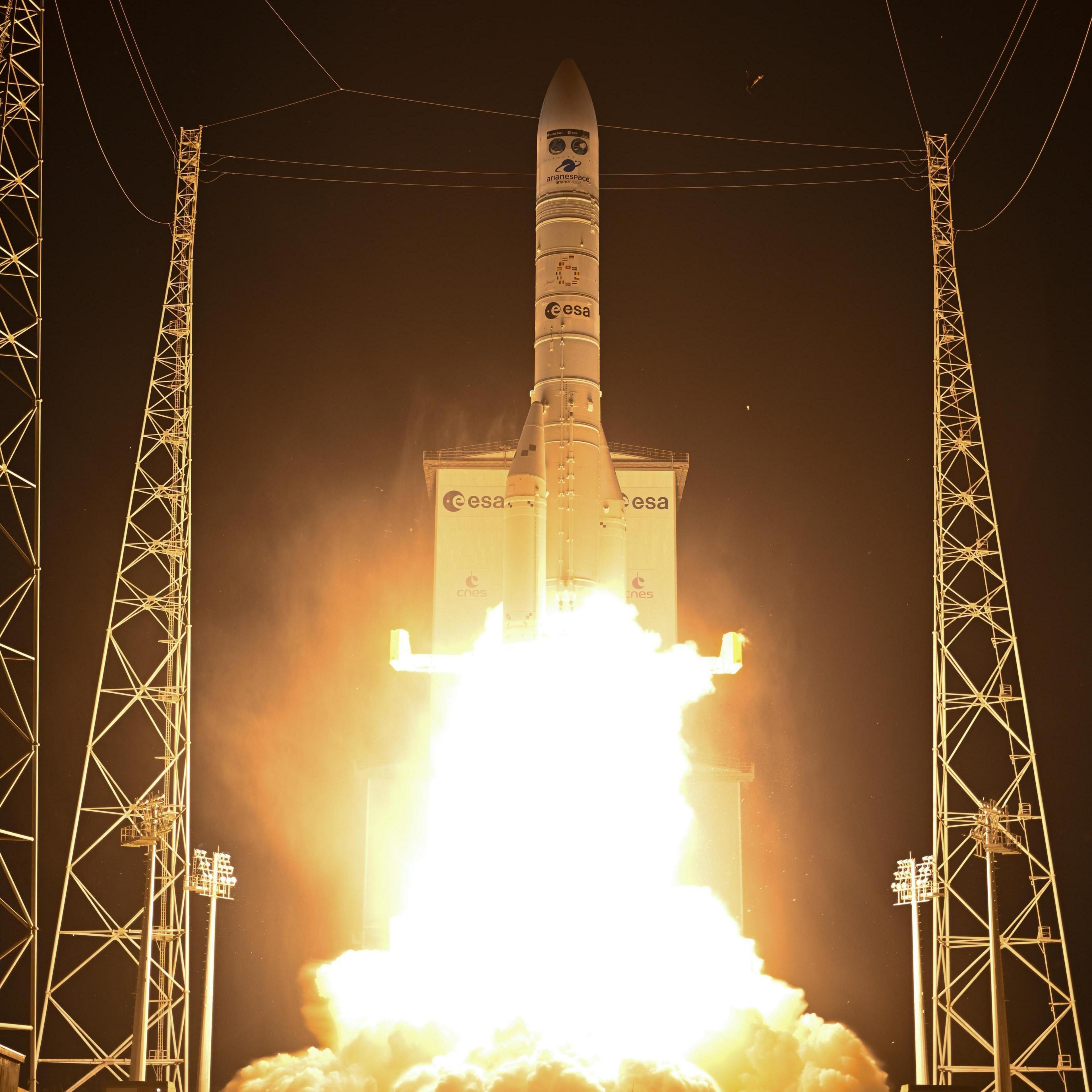
The rocket successfully launched from French Guiana last month
Leonardo said the increasingly common reports of extreme weather had "heightened the sense of urgency to make weather observations more accurate".
Matthew Hicks, space capability manager at Leonardo, said: "Severe weather events have provided incredible motivation to our scientists to improve our technology to safeguard people's lives.
"There is an understandable increase in concern about weather events, which is heightening the demand for 'nowcasting'.
"Nowcasting is essentially the requirement to know what has happened in the recent past, what is happening now and what is likely to happen in the near future.
"The new sensor will allow us to address those concerns by providing an improved granularity of data and information."
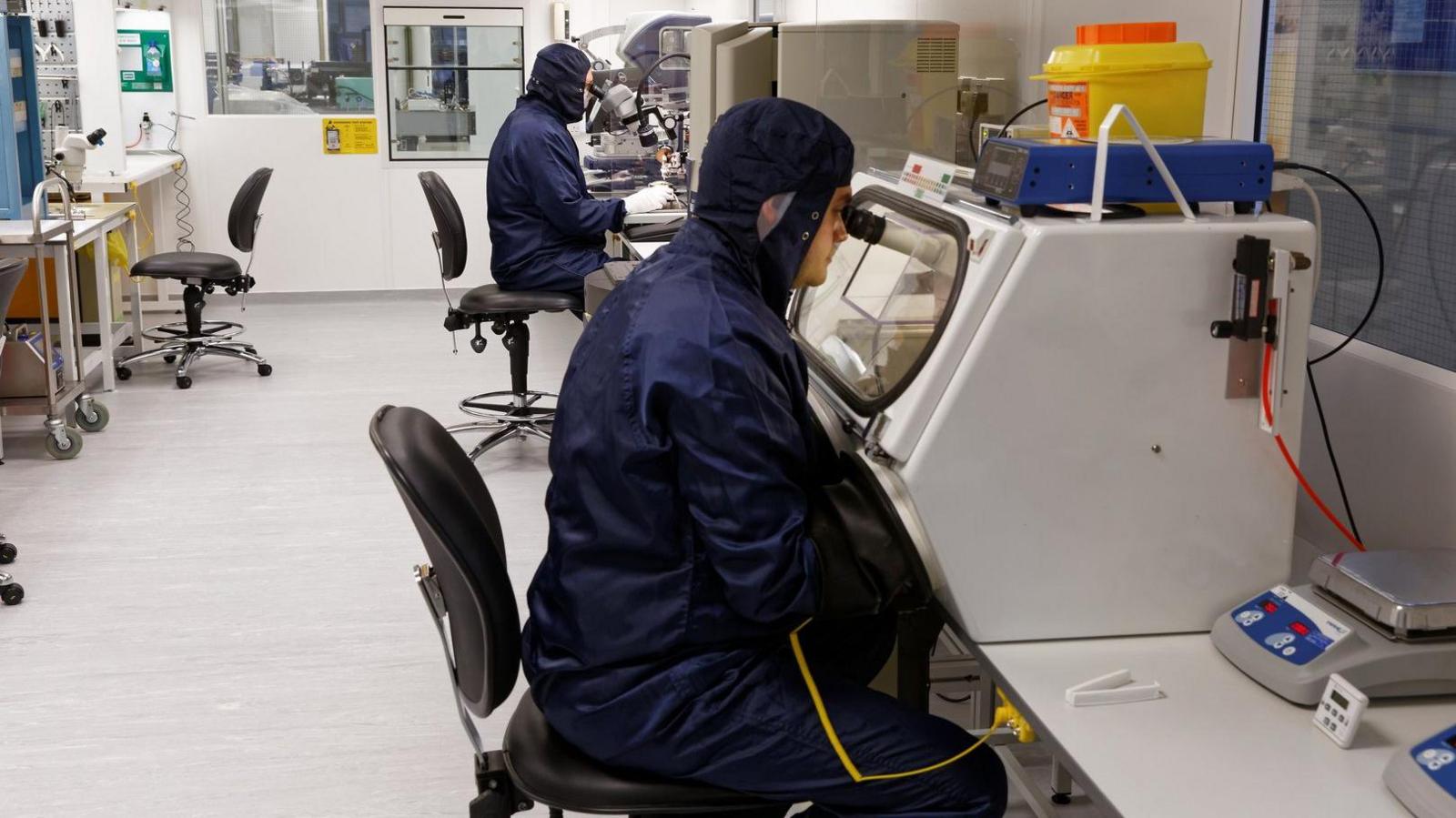
Leonardo in Southampton said the new sensor would allow address pressing weather concerns "by providing an improved granularity of data and information"
The sensors are attached to the IASI-NG instrument, built by Airbus Defence and Space in Toulouse, and will support forecasts up to 10 days in advance and improve coverage in higher latitudes where traditional satellites struggle.
They will also contribute to long-term climate research by tracking greenhouse gases and pollutants such as ozone, methane and nitrogen dioxide.
Dr Paul Bate, chief executive of the UK Space Agency said: "Leonardo's cutting-edge sensor technology, now orbiting Earth aboard ESA's METOP-SG satellite, demonstrates how British engineering in space is helping to protect lives on Earth and deepen our understanding of climate change.
"This significant achievement will help to empower meteorologists worldwide with the data they need to forecast extreme weather and safeguard communities."
Get in touch
Do you have a story BBC Oxfordshire should cover?
You can follow BBC Oxfordshire on Facebook, external, X (Twitter), external, or Instagram, external.
Similar stories
- Published13 September
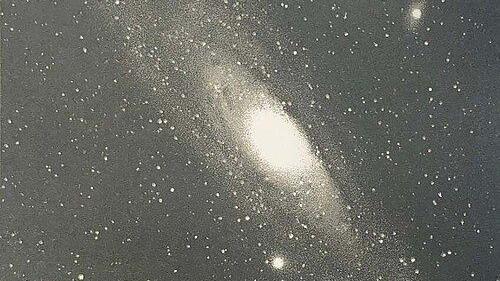
- Published13 August
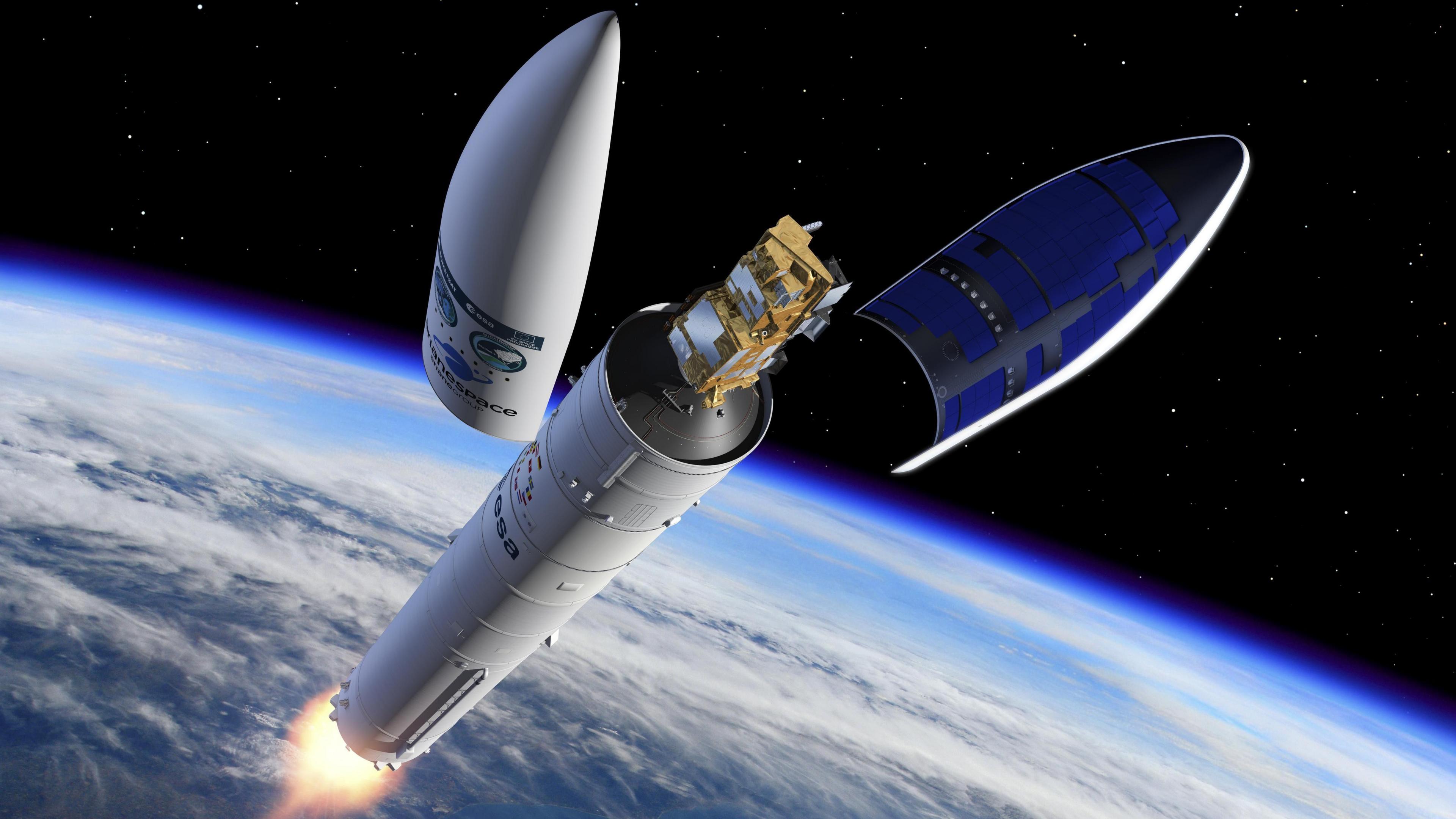
- Published31 October 2024
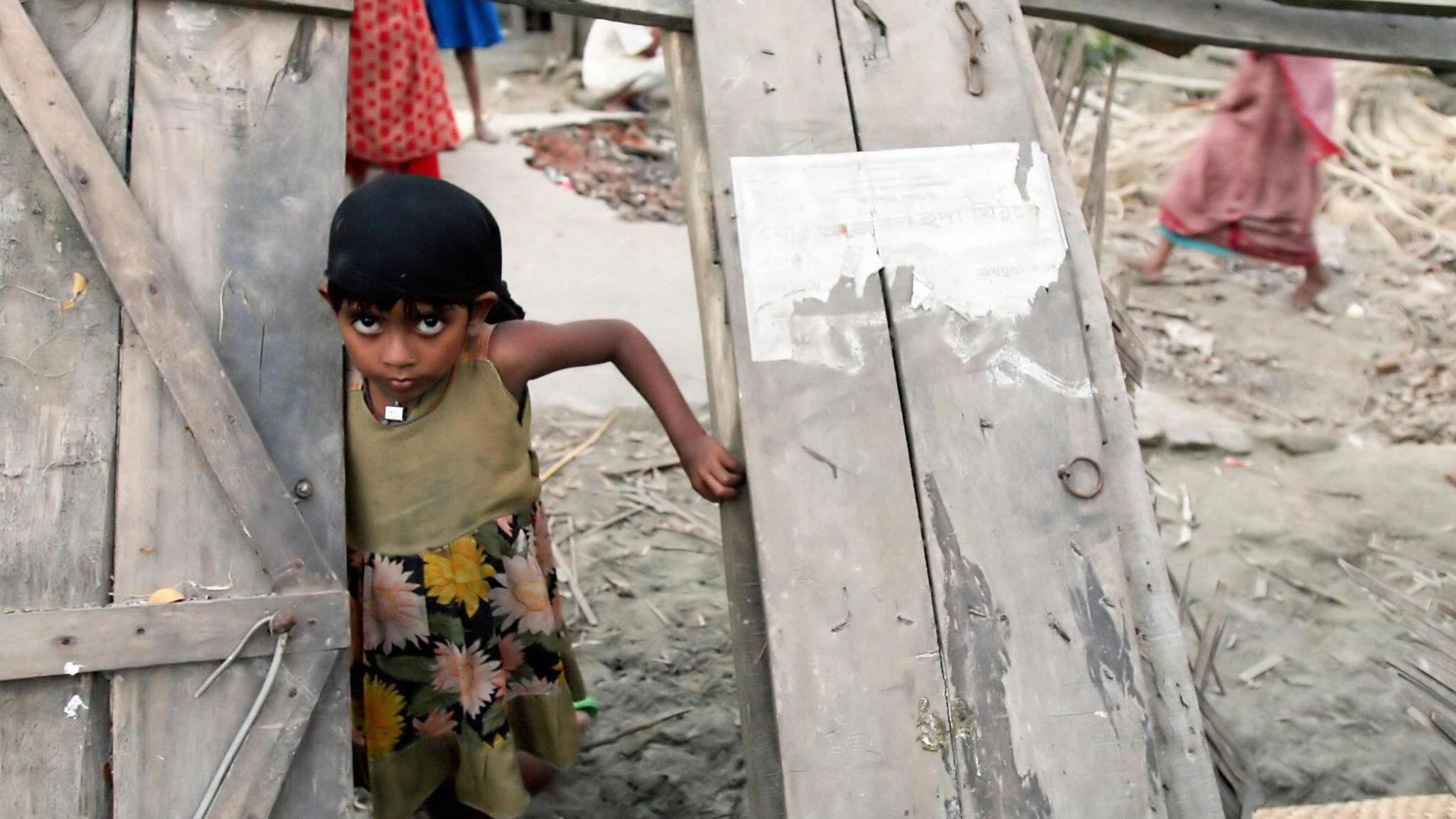
- Published13 November 2024
